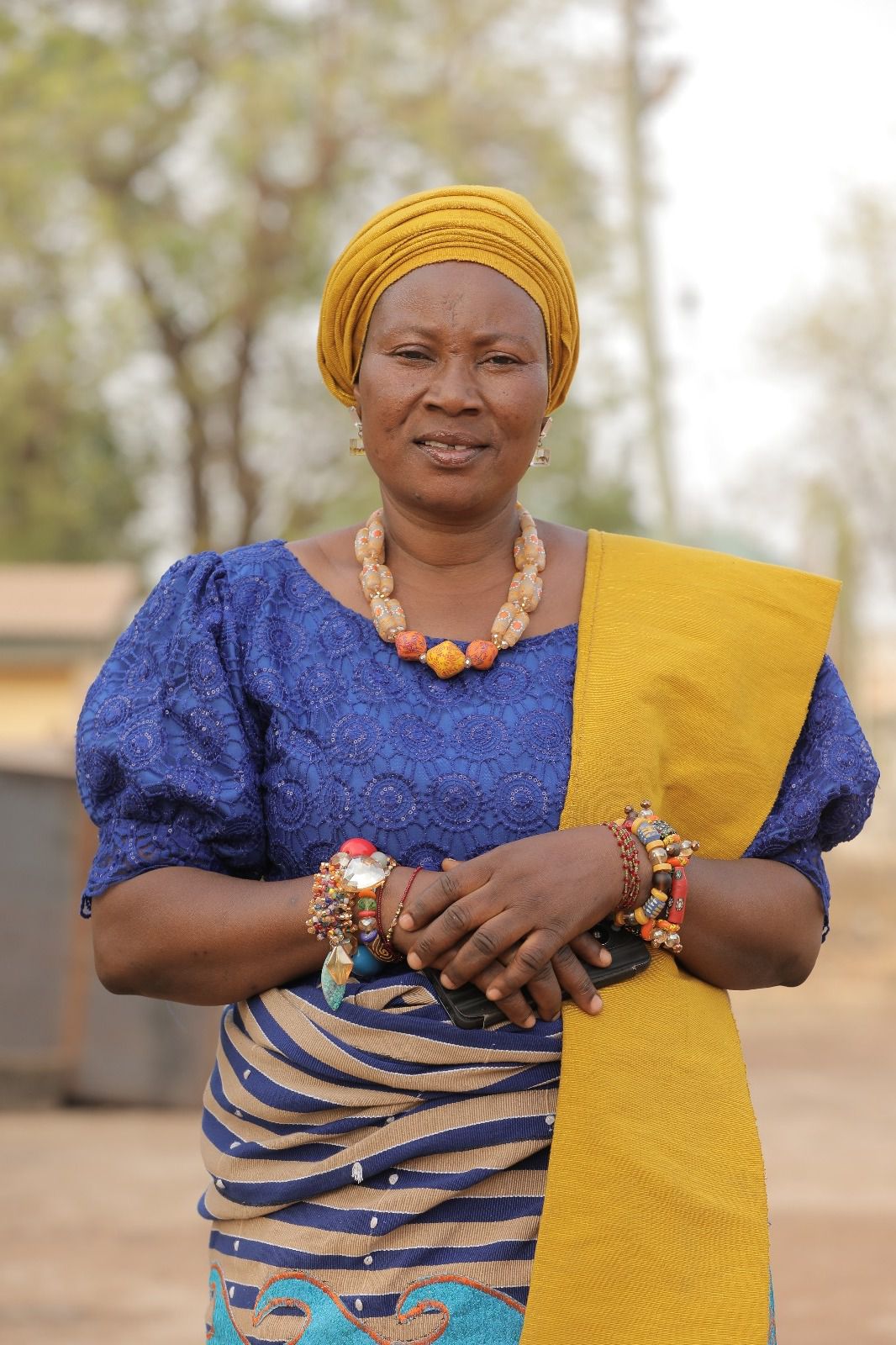
In these so-called developed economies, there’s the widespread practice of corporations discarding food or dumping unsold inventory in landfills, rather than reducing prices or donating, and they do so due to complex economic, legal, and strategic considerations.
One primary concern for corporations is brand protection and market positioning. By maintaining high prices and avoiding deep discounts or widespread donations, premium brands can preserve the perception of exclusivity and quality that defines their products.
If these goods are sold at significantly reduced prices or given away freely, consumers may begin to anticipate future markdowns, potentially eroding long-term profitability and brand loyalty.
Another factor at play is the potential for market disruption. Heavily discounting products can undercut retailers and partners, leading to pricing conflicts and destabilizing the market. Flooding the market with cheap goods can also make it challenging for the company or its competitors to maintain healthy profit margins in the future.
In addition to these market considerations, corporations must also navigate tax and liability concerns. In some jurisdictions, donating food or products can expose companies to liability if recipients fall ill or are harmed, despite the existence of “Good Samaritan” laws in those countries that offer protection to donors. Furthermore, the tax benefits of donating may not be as attractive as destroying the goods and claiming a loss.
The logistics of donating or discounting products also pose significant challenges. Corporations would need to invest in infrastructure, including transportation, sorting, repackaging, and coordination with charities or outlets. For perishable items, ensuring safe delivery within expiration timelines can be a costly and complex endeavor, often outweighing the perceived benefits.
Inventory and supply chain management also play a crucial role in this decision-making process. Corporations often prioritize clearing space for new inventory, as holding unsold items incurs warehousing costs, affects supply chain efficiency, and creates accounting issues related to depreciation or inventory valuation. Destroying excess goods can seem like a simpler solution than managing the excess.
Finally, accounting practices and corporate policies can also influence this decision. Writing off destroyed goods as a loss can simplify bookkeeping and provide certain financial advantages under tax codes or corporate policies.
While this practice raises serious ethical and environmental concerns, it is often rooted in systemic priorities around profit maximization, brand control, and risk management.
But beyond economics and consumption lies another pillar of development: political leadership. If those in power are meant to shepherd societies toward progress, then their track record also demands close scrutiny.
The Crisis of Political Leadership: Power Struggles, Democracy, and the Illusion of Progress
Political leadership is very crucial for true development. How has this institution of society fared over the centuries? This is very beautifully and succinctly answered by Karl Marx when he said in his Communist Manifesto:
“The history of all hitherto existing society is the history of class struggles”
In a bid to rule over their fellowman, political entities have often been despotic and in some cases even barbaric just so they can stump their authority.
The poor and powerless have always been vulnerable, being oppressed by their rulers without anyone to speak up for them. This has been true in all cultures; African, Western and otherwise.
The struggle that ensued between the classes has often led to a new form of economic system and rulership, as Marx explained, employing the dialectics theory of Georg Hegel (I state this advisedly since some do not credit Georg Hegel with the theory).
That theory holds that when two classes struggle against each other (thesis and antithesis), that struggle eventually results in synthesis which is a higher and a better epoch. Yet, time and again, new conflicts arise in no time thus bringing about a new struggle between another set of thesis and antithesis.
The quest for power under the guise of making life easier or better for citizens has often led to bloody results. We can see this demonstrated in the wars fought by powerful kingdoms who sought to form empires out of other nations. It has also been amply displayed in the Trans-Atlantic slave trade and colonialism.
In our day, almost every nation is clamouring for democracy. And those nations that are not amenable to that system of government are seduced, coerced, vilified and so on to accept it. Sometimes their citizens excite themselves against the powers that be to get them to adopt it, as demonstrated in the Arab Spring and the current developments in especially West Africa. But does democracy really meet the needs of mankind?
As noted earlier, the Western countries, among who are the citadels of democracy have miserably failed to eradicate diseases, crime, and hatred and so on within their own jurisdictions. And presently, most of them are in economic woes.
Also, even though democracy has commendably made the guarantee of several freedoms possible, it has also succeeded in promoting dastardly lifestyles, behaviours and attitudes that are against the collective human conscience and which further plunge the society of humans into moral morass. No wonder society is in such a huge mess!
So, what do you think, can democracy really fix the quagmire of political leadership that the world is in? Very likely, your guess is as good as mine. In that case, how could there ever be true development under democracy?
The persistence of power struggles, injustice, and unmet promises raises a fundamental question: Can any of the current political or economic systems truly deliver the development we envision — or is it time to rethink the entire framework?
In light of the evidence and arguments explored throughout this two-part article, it becomes increasingly clear that our current global conception of development—largely shaped by Western ideologies—may be deeply flawed or, at best, incomplete.
Despite their technological, medical, and economic advancements, Western nations continue to grapple with poverty, inequality, crime, and moral decay. These unresolved issues challenge the notion that Western-style development represents the ideal blueprint for global progress.
As such, adopting these models wholesale, without critical examination or cultural adaptation, risks exporting the same systemic failures to other parts of the world under the guise of modernization.
Moreover, the contradictions between the promises of development and the lived realities of people—especially in developing nations—suggest that we may need to redefine what it means to be “developed.” Metrics that prioritize GDP, infrastructure, or market access often ignore the human and ethical dimensions of well-being, such as equity, love, community, dignity, and justice.
The alarming trend of wasteful corporate practices, coupled with the hollow promises of political leadership under democracy, underscores the need for a more holistic, people-centered approach. Development cannot merely be about expanding wealth or influence; it must foster systems that nourish the human spirit and collective good.
Ultimately, true development must begin with an honest reassessment of the values and assumptions underpinning our current global systems.
It must reject the blind pursuit of profit and power in favor of policies that prioritize sustainability, compassion, and shared humanity. Only then can we hope to construct a model of development that is not only materially beneficial but also morally sound and universally relevant.
The challenge now lies in whether the global community, but especially, ‘developing’ countries are willing to abandon convenient myths and confront uncomfortable truths in order to build a more just and meaningful future.
Please let’s interact: 1 (914) 259-0242

The author is a dynamic entrepreneur and the Founder and Group CEO of Groupe Soleil Vision, made up of Soleil Consults (US), LLC, NubianBiz.com and Soleil Publications. He has an extensive background In Strategy, Management, Entrepreneurship, Premium Audit Advisory, And Web Consulting. With professional experiences spanning both Ghana and the United States, Jules has developed a reputation as a thought leader in fields such as corporate governance, leadership, e-commerce, and customer service. His publications explore a variety of topics, including economics, information technology, marketing and branding, making him a prominent voice in discussions on development and business innovation across Africa. Through NubianBiz.com, he actively champions intra-African trade and technology-driven growth to empower SMEs across the continent?.
The post The Business Strategy Analyst with Jules Nartey-Tokoli: Exporting failure: The hidden costs of global development models (2) appeared first on The Business & Financial Times.
Read Full Story












Facebook
Twitter
Pinterest
Instagram
Google+
YouTube
LinkedIn
RSS